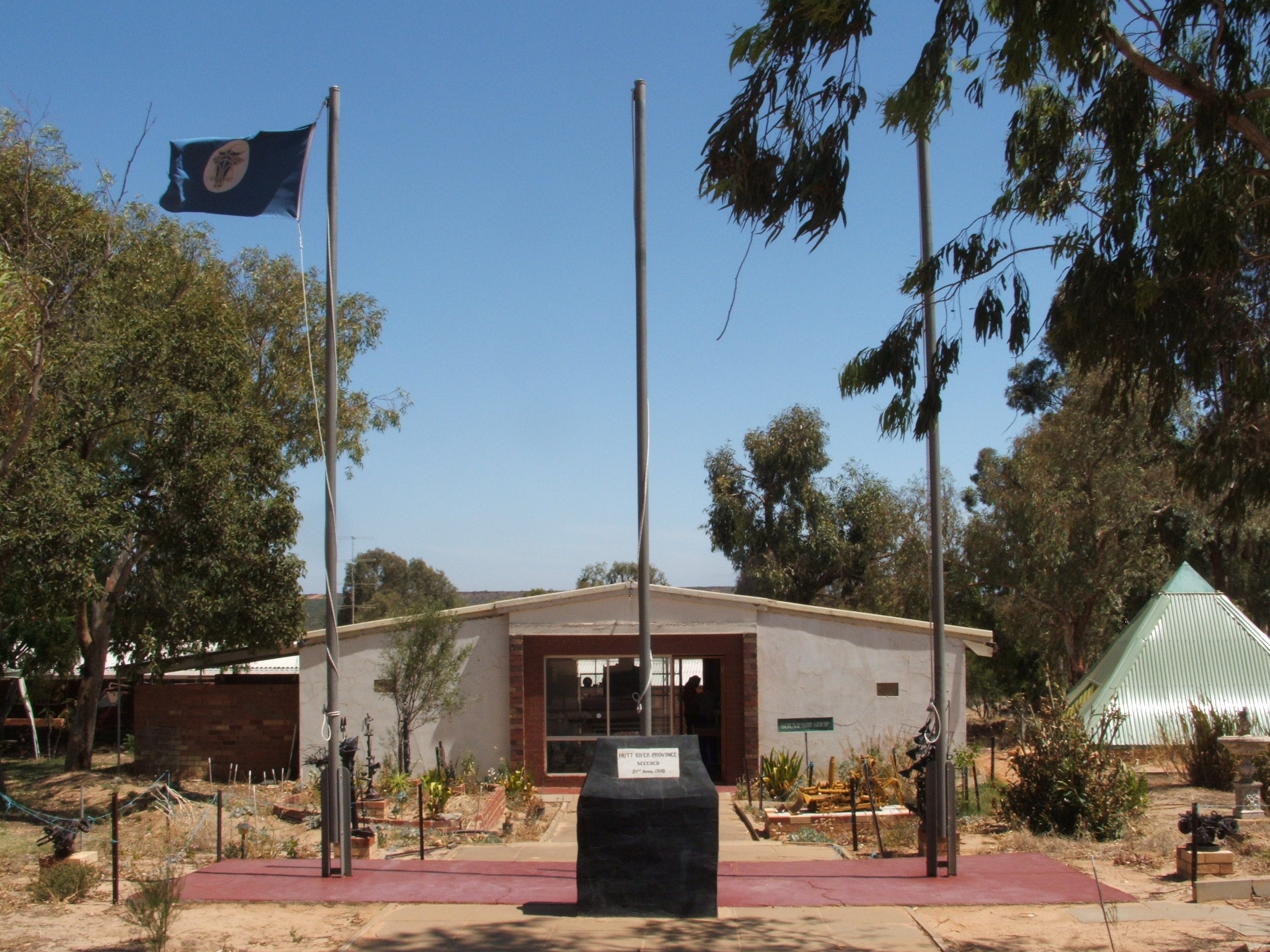New draft legislation presented by United States Congressman Mac Thornberry (R-Tex) has begun the steps necessary to eliminate slow and ineffective American procurement processes in times of high national security threats. Specifically, Thornberry recommended an easier purchasing and deployment system for the Pentagon.
The bill, first introduced in March 2016, deals with rapid acquisition, which is the purchasing of military equipment when there is an immediate need, particularly when American national security is threatened. Unlike the conventional, long-term process of procurement, rapid acquisition doesn’t need Congressional approval. While Congress must agree on a re-appropriation of funds for conventional procurement, the same rules don’t apply to rapid acquisition. This is because lawmakers assume that rapid acquisition will be carried out if national security is threatened, during which time financial concerns are less important.
The Pentagon currently uses a partial system to ensure the completion of long-term projects, for example the F-35 and the Joint Light Tactical Vehicle (JLTV). Moving away from this framework to ensure faster procedure could result in unexpected consequences. At the very least, this reduces transparency by welcoming unintentional bias and possible corruption. This slippery slope erodes the highest necessary standards expected of the Pentagon’s procurement strategy.
Many lawmakers encouraged the quick purchase and distribution of weapons shipments in order to protect American soldiers from improvised explosive devices (IEDs) during the wars in Iraq and Afghanistan. Despite unanimous consent that these soldiers urgently needed the equipment, concerns were still raised about how the Joint IED Defeat Organization, the U.S military organization established by the DoD that dealt with IEDs, was allocating its financial resources. Similarly, approving rapid acquisition can cause accountability to be overlooked.
There needs to be a balance between accountability and efficiency when acquisition becomes directly tied to national security. Jonathan Wong of RAND Corporation cautions that rapid acquisition methods must be strictly reserved for wartime use, to avoid the economic loss brought on by single-use capabilities and nonrenewable resources. In fact, some rapid acquisition programs such as the Next Generation Cruiser initiative have never left the planning stages while others ended up wasting financial resources.
Military interventions are more likely to succeed if ground troops are equipped with the latest, working communication devices, armored vehicles, and apparatus to diffuse the most technologically advanced explosive devices from the outset. These strategies are also designed to mitigate cost overruns, delivery schedule slippages, and new model equipment malfunctions.
It’s important that politicians understand that rapid acquisition is valuable in today’s security setting as long as they remain accountable for their actions. There is always a risk that in the rush to procure equipment in a time of urgency, accountability can be lost. But if the Department of Defence learns from its past, these problems can be avoided in the future.
Photo: A Globemaster C-17 carrying aircraft for the Royal Australian Air Force is guided through the Multi National Base Tarin Kot in Afghanistan (2010), courtesy of US Air Force via Wikimedia Commons. Public Domain.
Disclaimer: Any views or opinions expressed in articles are solely those of the authors and do not necessarily represent the views of the NATO Association of Canada.



